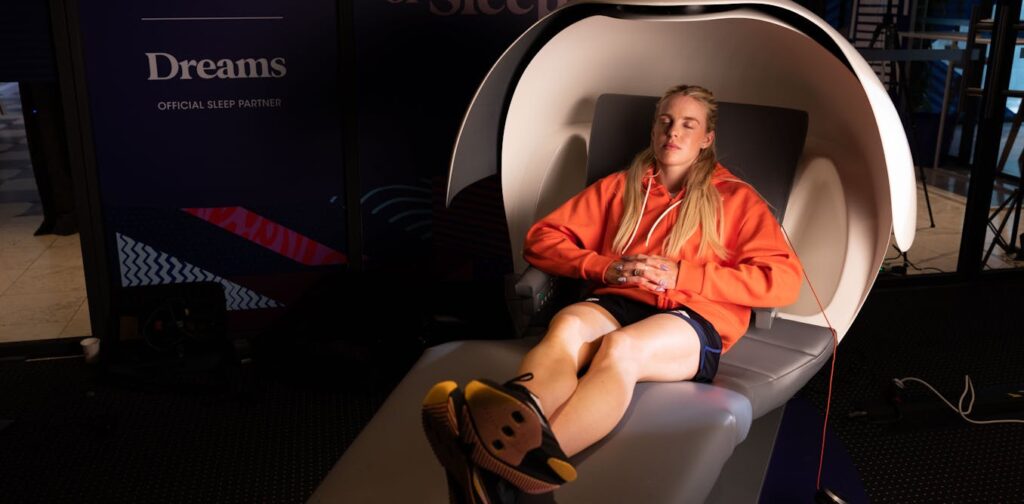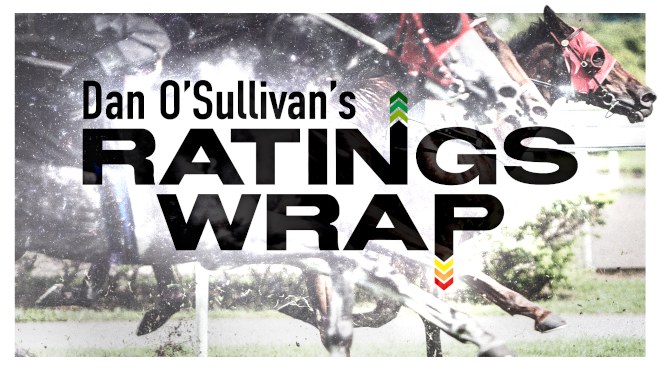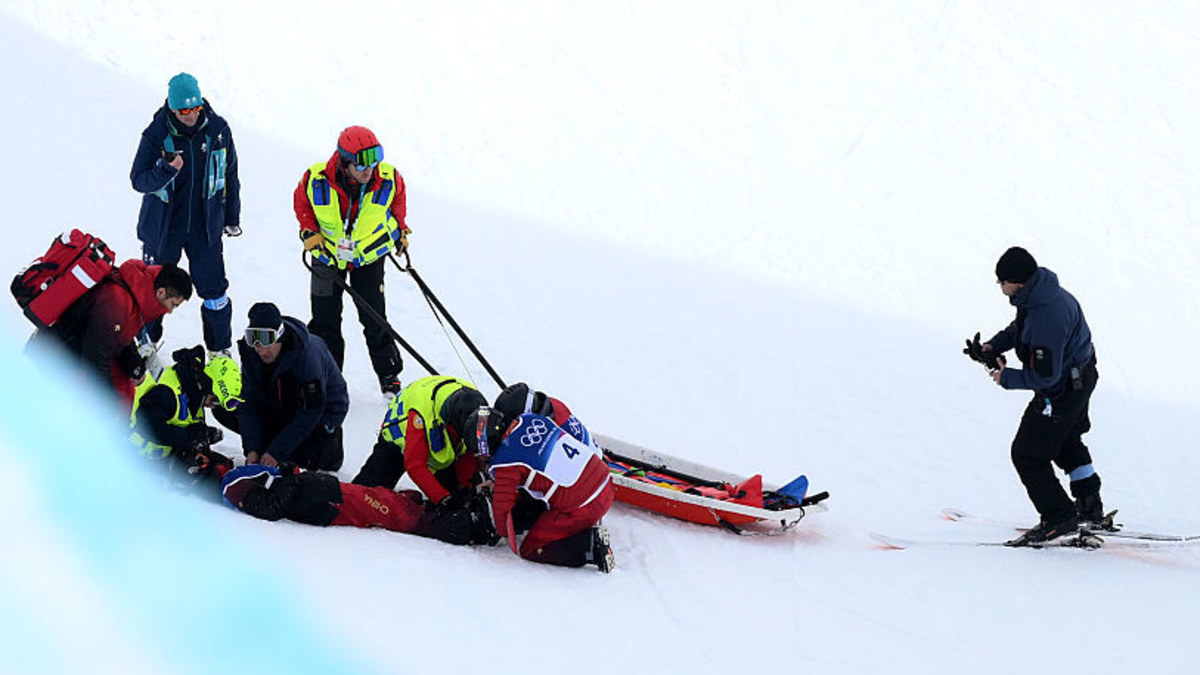
When we think of elite athletes, we often envision individuals at the pinnacle of physical prowess. Their training regimens, diets, and mental fortitude are meticulously crafted to ensure peak performance. However, one crucial aspect often overlooked is their sleep. Does being an elite athlete equate to being a superior sleeper? Surprisingly, the answer is often no.
Exercise is commonly linked to improved sleep, leading many to assume that elite athletes, whose careers depend on physical activity and recovery, would naturally excel in this area. Yet, a 2021 study of 175 elite Australian athletes across 12 sports revealed that only 3% consistently achieved adequate sleep, while a staggering 71% regularly fell short by an hour or more. This pattern is echoed in research involving athletes from the United States, Brazil, Germany, Switzerland, and China.
Why Sleep Matters for Athletes
The importance of sleep for athletes cannot be overstated. Sleep is integral to recovery, which in turn influences performance. A recent consensus among sleep and sports scientists worldwide highlighted the critical role of sleep in athletic performance. They also noted that elite athletes are particularly vulnerable to insufficient sleep.
Prominent athletes such as Usain Bolt, LeBron James, and Roger Federer have publicly acknowledged the significance of sleep in their success. As LeBron James prepares to enter his 23rd NBA season, his longevity and sustained performance are often attributed to his commitment to rest and recovery.
Barriers to Sleep for Athletes
For many athletes, the biggest obstacle to sufficient sleep is their demanding training and competition schedules. Individual sport athletes like swimmers, triathletes, and cyclists face early morning sessions with few rest days, while team sport athletes contend with fluctuating schedules and travel. Pre-competition anxiety further compounds these challenges.
Despite these hurdles, the necessity of adequate sleep is underscored by its impact on health and performance. Studies indicate that individuals obtaining only 5-6 hours of sleep per night are 4.5 times more likely to catch a cold after exposure to rhinovirus compared to those who sleep for seven hours. For athletes, insufficient sleep increases the risk of illness and potentially hampers performance.
Sleep, Illness, and Injury
While athletes may perform well after a single night of poor sleep, the real test is maintaining performance during extended periods of insufficient rest. Although the link between sleep and injury risk in elite sports is less clear, inadequate sleep is known to slow response times, impair movement patterns, and reduce skill execution, all of which can lead to injuries.
Moreover, the subjective effects of sleep deprivation are significant. Athletes often report increased fatigue, perceive exercises as more strenuous, and experience mood disturbances after consecutive nights of poor sleep. This can hinder their ability to endure high training volumes, crucial for recovery and optimal performance.
Strategies for Better Sleep
At the elite level, marginal gains can be the difference between victory and defeat. The Tour de France, one of the most grueling endurance races, illustrates this point. Teams have begun optimizing riders’ sleep by using “recovery buses” and customizing hotel accommodations with tailored mattresses and pillows. Despite the race’s demands, cyclists manage an average of 7.2 hours of sleep per night.
For those without access to such resources, there are practical strategies athletes and coaches can adopt to improve sleep quality:
- Establish a consistent sleep schedule, even on rest days.
- Create a sleep-conducive environment: dark, cool, and quiet.
- Limit exposure to screens and bright lights before bedtime.
- Incorporate relaxation techniques such as meditation or deep breathing.
- Monitor caffeine and alcohol intake, especially in the hours leading up to sleep.
As the understanding of sleep’s role in athletic performance deepens, more athletes and teams are likely to prioritize this critical aspect of training. The pursuit of excellence in sports is not just about physical and mental preparation but also about ensuring the body has the rest it needs to perform at its best.





